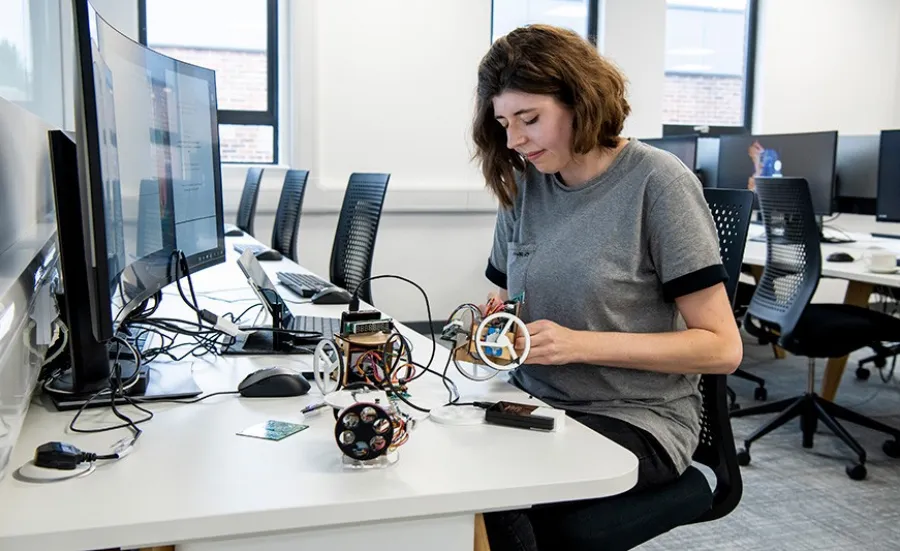Electronics and Computer Science
|
Engineering
|
Mathematical sciences
|
Physics and astronomy
Qubit efficient quantum optimization and applications to industrial problems
The main challenge in the adoption of quantum computing is the gap between algorithmic requirements and current quantum hardware. In this project, you will codevelop novel qubit efficient quantum approaches and techniques that can be used to solve optimization problems and apply them to logistics, pharma, transport, or manufacturing industries.


